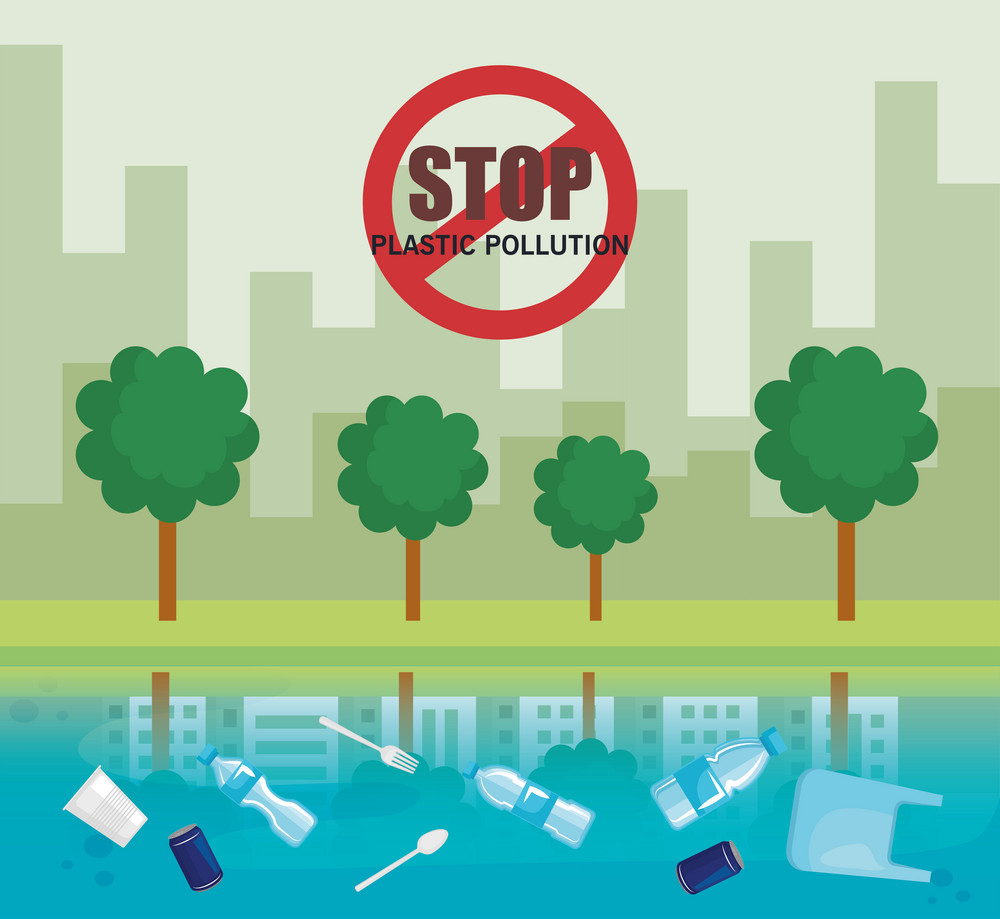IUCN launches a promotional video to tackle marine plastic pollution in the Caribbean
The “Plastic Waste Free Islands” project seeks to address the problem of plastic waste leakage from Small Island Developing States
San José, Costa Rica, 6 July 2020 (IUCN) - The International Union for Conservation of Nature (IUCN) has launched a promotional video that introduces viewers to the “Plastic Waste Free Islands” (PWFI) project, a global initiative that seeks to address the problem of plastic waste leakage from Small Island Developing States (SIDS). To this aim, the project is working in six SIDS, divided evenly between the Caribbean and the Pacific regions, to promote a significant, quantified reduction in plastic waste generation and leakage within the planned project timeframe of three years.
PWFI is an initiative funded by the Norwegian Agency for Development Cooperation (NORAD). In the Caribbean, the project is working in Antigua and Barbuda, Grenada and Saint Lucia. It also involves the participation of respective country governments, as well as regional partners, such as the Organisation of Eastern Caribbean States (OECS).
Up to 12 million tons of plastic debris enter the ocean every year. This has adverse impacts on the health of ocean ecosystems, the integrity of food supplies and people’s livelihoods. The World Bank has estimated that Caribbean coastlines are littered with an average of 2,014 items per kilometre, with plastic bottles comprising a fifth of such litter. Caribbean SIDS tend to have vulnerable economies that depend largely on the tourism and fisheries industries, as such, they are particularly exposed to increased damage from plastic pollution.
IUCN joins the efforts taking place in the Caribbean region to tackle the problematic of plastic pollution and marine litter, by building alliances with key stakeholders from government, private sector and civil society, as well as supporting the countries towards the implementation of legislation, policies and feasible solutions to reduce plastic waste leakage into the oceans.
The introductory video will be disseminated among regional media and other key national stakeholders over the next few months. It will also be available on the IUCN’s and OECS' website and social media sites.
The video can be accessed at the following sites:
Tackling marine plastic pollution in the Caribbean
Abordando la contaminación marina por plástico en el Caribe
Notes to Editors
About IUCN
IUCN is a membership Union uniquely composed of both government and civil society organisations. It provides public, private and non-governmental organisations with the knowledge and tools that enable human progress, economic development and nature conservation to take place together.
Created in 1948, IUCN is now the world’s largest and most diverse environmental network, harnessing the knowledge, resources and reach of more than 1,400 Member organisations and some 15,000 experts. It is a leading provider of conservation data, assessments and analysis. Its broad membership enables IUCN to fill the role of incubator and trusted repository of best practices, tools and international standards.
IUCN provides a neutral space in which diverse stakeholders including governments, NGOs, scientists, businesses, local communities, indigenous people organisations and others can work together to forge and implement solutions to environmental challenges and achieve sustainable development.
Working with many partners and supporters, IUCN implements a large and diverse portfolio of conservation projects worldwide. Combining the latest science with the traditional knowledge of local communities, these projects work to reverse habitat loss, restore ecosystems and improve people’s well-being.
Nancy Arroyo
Domenique Finegan
Joan John-Norville
